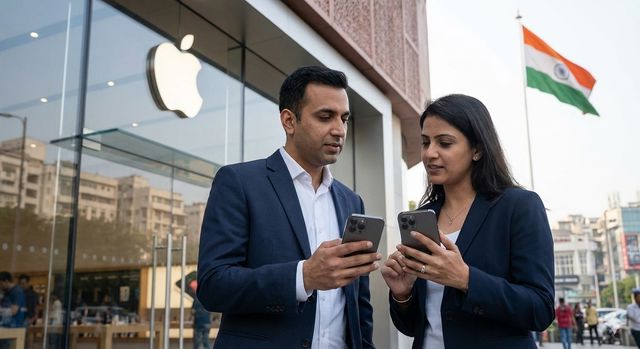In a bold move that has sent shockwaves through the tech world, Elon Musk recently offered a staggering $97.4 billion to acquire OpenAI, the artificial intelligence powerhouse co-founded by Sam Altman. The offer was swiftly rejected by Altman, who firmly stated that “OpenAI is not for sale.” This high-stakes bid not only reignites the long-standing tension between two of the tech industry’s most influential figures but also raises critical questions about the future of AI development and control.
The History of Musk and Altman: A Partnership Turned Rivalry
Elon Musk and Sam Altman were once aligned in their mission to guide the development of artificial intelligence responsibly. Musk was an original co-founder of OpenAI, established in 2015 with the goal of ensuring that artificial general intelligence (AGI) would benefit humanity as a whole. However, in 2018, Musk parted ways with the company due to disagreements over its direction and potential conflicts with his AI initiatives at Tesla.
Since then, their professional relationship has been marked by philosophical and strategic differences. Musk has often criticized OpenAI’s shift from a non-profit to a “capped-profit” model, arguing that it contradicts the organization’s original mission of open collaboration and safety in AI development. Altman, on the other hand, has defended OpenAI’s evolution as necessary to compete in the rapidly advancing AI landscape.
Why Musk Wanted to Acquire OpenAI
Musk’s attempt to purchase OpenAI seems to be driven by both strategic and ideological motivations:
- Consolidating AI Development: Musk’s companies—Tesla, SpaceX, and Neuralink—are deeply invested in AI technologies. Owning OpenAI could have provided him with cutting-edge AI models to accelerate his ventures in autonomous vehicles, robotics, and brain-computer interfaces.
- Regaining Influence Over AGI Development: Musk has been vocal about his concerns regarding AI safety, even warning about the existential risks posed by uncontrolled AGI. Acquiring OpenAI could have given him greater control over AI development trajectories.
- Competing with Tech Giants: As companies like Microsoft, Google, and Meta pour billions into AI, Musk may have seen OpenAI as a key asset to challenge their dominance in the space.
Sam Altman’s Response: A Clear Rejection
Altman’s rejection of Musk’s offer wasn’t just about the money. It reflects his commitment to OpenAI’s mission and independence. By refusing the bid, Altman signaled that OpenAI’s vision transcends financial transactions—it’s about shaping the future of AI ethically and responsibly.
In a brief statement following the rejection, Altman emphasized, “Our mission is to ensure that artificial intelligence benefits all of humanity. That mission isn’t for sale.”
Implications for the AI Industry
This dramatic episode has broader implications for the future of artificial intelligence:
- AI Governance and Control: The attempted acquisition highlights concerns over who controls the development of powerful AI technologies. Centralizing such influence in the hands of a single billionaire, even one as visionary as Musk, raises ethical and regulatory questions.
- Investor Confidence: The rejection reaffirms OpenAI’s position as an independent leader in the AI race, which may boost investor and partner confidence, especially with Microsoft’s significant backing of OpenAI.
- Acceleration of AI Competition: Musk’s move could trigger a new wave of AI acquisitions and investments, as tech giants race to secure their dominance in this transformative field.
The battle between Elon Musk and Sam Altman is more than just a personal or corporate clash—it’s a reflection of the philosophical divide shaping the future of artificial intelligence. As AI becomes increasingly integral to society, the question isn’t just about technological advancement but who gets to lead the charge.
For now, OpenAI remains independent, but the world will be watching closely. Because in the race to control the future of AI, this is just the beginning.


